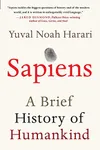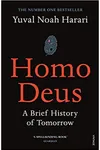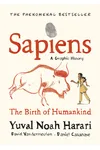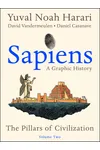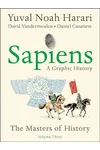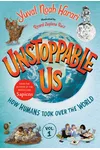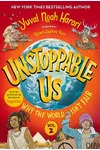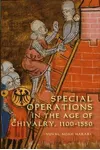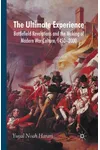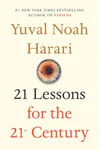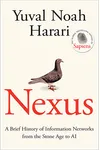Picture an Israeli historian who turned the story of humanity into a global bestseller—meet Yuval Noah Harari! Born in 1976, Harari has captivated millions with his thought-provoking books like Sapiens and Homo Deus, blending rigorous scholarship with a knack for storytelling that makes big ideas feel like a chat with a wise friend.
A professor at the Hebrew University of Jerusalem, Harari’s unique mix of history, philosophy, and futurism has reshaped how we think about our past and future. His vegan lifestyle and daily Vipassana meditation add a personal layer to his work, grounding his grand visions in mindfulness.
The Making of Yuval Noah Harari
Yuval Noah Harari grew up in Haifa, Israel, a curious kid with a love for big questions. He earned his PhD in history from the University of Oxford, focusing on medieval military history—a far cry from the sweeping narratives he’d later write. His early academic work was solid but niche, until he began teaching a world history course at Hebrew University. Those lectures, filled with bold ideas and clear prose, became the seed for Sapiens, his breakout hit.
Harari’s practice of Vipassana meditation, which he’s followed for over two decades, sharpened his ability to observe human behavior with clarity. This discipline, paired with his veganism and advocacy for animal rights, reflects a deep commitment to ethical living that permeates his writing.
Yuval Noah Harari’s Unforgettable Stories
Harari’s books are like a rollercoaster through human history—thrilling, enlightening, and a little unsettling. Sapiens: A Brief History of Humankind (2011) traces our species from Stone Age nomads to modern tech wizards, exploring how myths, money, and religion shaped our world. Its accessible style and bold claims, like humans being “storytelling animals,” made it a global phenomenon, translated into over 60 languages.
Homo Deus: A Brief History of Tomorrow (2015) peers into the future, asking what happens when AI and biotech outpace our control. Harari’s knack for blending science with philosophy shines here, warning of a world where humans might become obsolete. His third book, 21 Lessons for the 21st Century (2018), tackles modern challenges like climate change and fake news, urging readers to think critically. Harari’s style—clear, witty, and unafraid of big questions—makes complex ideas feel approachable, like a conversation over coffee.
His children’s book, Unstoppable Us (2022), brings his storytelling to younger readers, explaining human history with humor and heart. Each work reflects Harari’s ability to connect past, present, and future, challenging readers to rethink humanity’s role in the universe.
Why Yuval Noah Harari Matters
Harari’s impact goes beyond book sales. He’s a cultural provocateur, sparking debates among scholars, policymakers, and everyday readers. Sapiens has been praised by figures like Barack Obama and Bill Gates, cementing Harari’s role as a public intellectual. His warnings about technology’s risks—AI, surveillance, inequality—resonate in a world grappling with rapid change.
Yet, Harari’s optimism shines through. His meditation practice and ethical stance inspire fans to live mindfully, while his books empower readers to question the stories shaping society. By making history and futurism accessible, Harari has democratized big ideas, inviting everyone to join the conversation.
About Yuval Noah Harari
- Born: February 24, 1976, in Haifa, Israel
- Key Works: Sapiens, Homo Deus, 21 Lessons for the 21st Century, Unstoppable Us
- Notable: Practices Vipassana meditation daily and is a committed vegan
- Fun Fact: His lectures at Hebrew University inspired Sapiens
Ready to explore humanity’s epic story? Grab Sapiens and dive into Yuval Noah Harari’s brilliant world of ideas!
